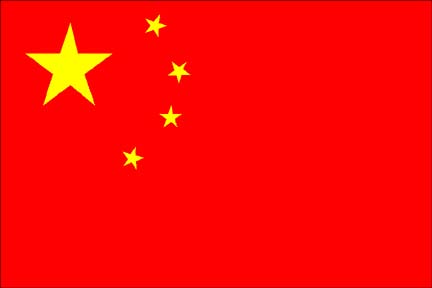DavidS
Anti-Tea Party Member
- Thread starter
- #21
I agree. The embargo has been an abject failure. All it does is allow Castro to use it as a stick to beat the Americans. It empowers the regime.
The more trade and the greater the free flow of goods, the more likely the regime will fall. Plus, there are great investment opportunities in Cuba.
Besides, it's inevitable.
ok i will bite.......what investment opportunities......
Cigars,sugar, tourismHotel developments along the coast, we could open a market for GM perhaps, our agriculture products as opposed to China's.
The beaches on Cuba are GORGEOUS from what I hear.




